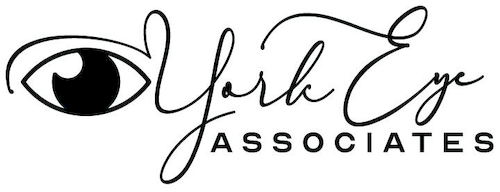
Myopia, commonly known as nearsightedness, is a vision condition that affects the ability to see distant objects clearly. It is a growing concern, particularly among children, as it can significantly impact their daily activities, learning, and overall quality of life. Fortunately, with proper management, myopia can be controlled to reduce its progression and maintain better eye health over time.
What Is Myopia?
Myopia occurs when the eyeball grows too long, or the cornea is too curved, causing light to focus in front of the retina instead of directly on it. This results in blurred vision for distant objects while close-up vision remains clear. Myopia often develops during childhood and can worsen as the child grows.
How Myopia Affects Children
For children, myopia can interfere with learning, sports, and social interactions. Difficulty seeing the whiteboard at school or distant objects can lead to frustration and a decline in academic performance. Left untreated, myopia may increase the risk of developing serious eye conditions such as retinal detachment or glaucoma later in life.
Symptoms of Myopia
Recognizing the signs of myopia early is crucial. Common symptoms include:
- Blurred vision when looking at distant objects.
- Squinting or frequently rubbing the eyes.
- Sitting too close to screens or holding books very near the face.
- Complaints of headaches or eye strain.
If you notice these symptoms in your child, scheduling an eye exam is the first step.
Causes of Myopia
The exact cause of myopia isn’t fully understood, but it is believed to result from a combination of genetic and environmental factors. Children with one or both parents who are nearsighted are at a higher risk. Additionally, lifestyle habits such as prolonged screen time, limited outdoor activities, and extensive near work like reading or writing can contribute to its development.
Treatment Options for Myopia at York Eye Associates
Managing myopia involves slowing its progression and improving vision. Here are some of the most effective approaches:
- Myopia Control Lenses: These specialized glasses or contact lenses are designed to slow the progression of myopia.
- Atropine Eye Drops: Low-dose atropine drops are often prescribed to reduce the progression of myopia in children.
- Lifestyle Changes: Encouraging outdoor play and limiting screen time can help reduce the risk of worsening myopia.
Supporting Your Child’s Vision Health in Gainesville
Myopia management requires a proactive approach to ensure your child’s vision is protected. Regular eye exams, a balanced lifestyle, and early intervention can make a significant difference in slowing its progression and preserving eye health.
If you suspect your child has myopia or want to learn more about treatment options, schedule an aat York Eye Associates. Together, we can develop a personalized plan to support your child’s vision and overall well-being.
